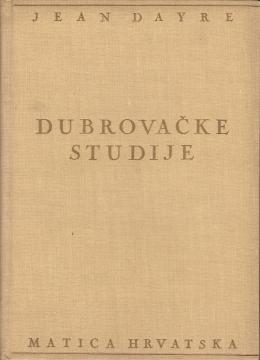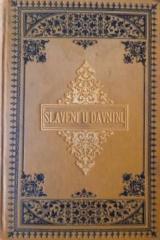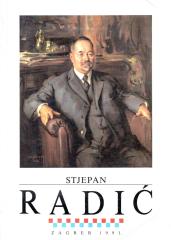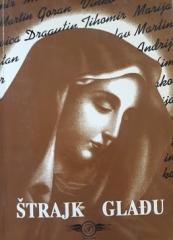
Dubrovačke studije
"Dubrovnik Studies" by Jean Dayre (originally published in 1929) is a book that offers a detailed overview of the history, culture and life of the city of Dubrovnik, with a special emphasis on the period of the Republic of Dubrovnik.
Dayre was a French historian and diplomat, and through his writing about Dubrovnik, he brought the complex history and unique position of that city-state on the Adriatic to the French audience.
Here is a summary of the main themes from the book:
Historical overview of the Republic of Dubrovnik Dayre follows the rise of Dubrovnik as an independent republic, which developed between Venice and the Ottoman Empire. Through an analysis of political and diplomatic relations, Dayre describes how the Republic of Dubrovnik managed to maintain its autonomy through a wise policy of neutrality, trade diplomacy and a high level of organization.
Culture and intellectual life One of the key topics is the cultural and intellectual development of Dubrovnik, especially in the Renaissance and Baroque periods. Dayre writes about the rich literary tradition, philosophy, art and architecture that were part of Dubrovnik life. Important writers and intellectuals such as Marin Držić and Ivan Gundulić are mentioned, whose work influenced not only Dubrovnik but also the wider region.
Economic power and trade Dubrovnik was a trade center, which was crucial for its growth and maintaining its independence. Dayre focuses on the importance of maritime trade, Dubrovnik's relationship with its neighbors (Venice, the Turkish Empire, the Venetian Republic) and how the people of Dubrovnik used their trading skills to maintain their independence.
Social and political organization The author analyzes the social structure and organization within the Republic of Dubrovnik, especially emphasizing how the aristocratic elite ruled through a complex political system, which included the Senate, the Great Council and other institutions. Dayre points to a careful balancing act between the power of the aristocracy and the need for consensus within society.
The fall of the Republic of Dubrovnik In the final chapters, Dayre describes the fall of the Republic in 1808, when Napoleon's army captured the city, which marked the end of more than four centuries of Dubrovnik's independence. He analyzes how external political pressures and internal weaknesses contributed to the eventual decline.
Conclusion The book "Studies in Dubrovnik" offers a detailed and concise overview of the rich history of Dubrovnik, whereby Jean Dayre presents the city not only as a historical fact, but also as a cultural symbol and example of a successful small state in a challenging international environment. Dayre's writing style is analytical yet highly readable, making this book useful for anyone interested in Mediterranean history, trade and international relations.
No copies available
The last copy was sold recently.





